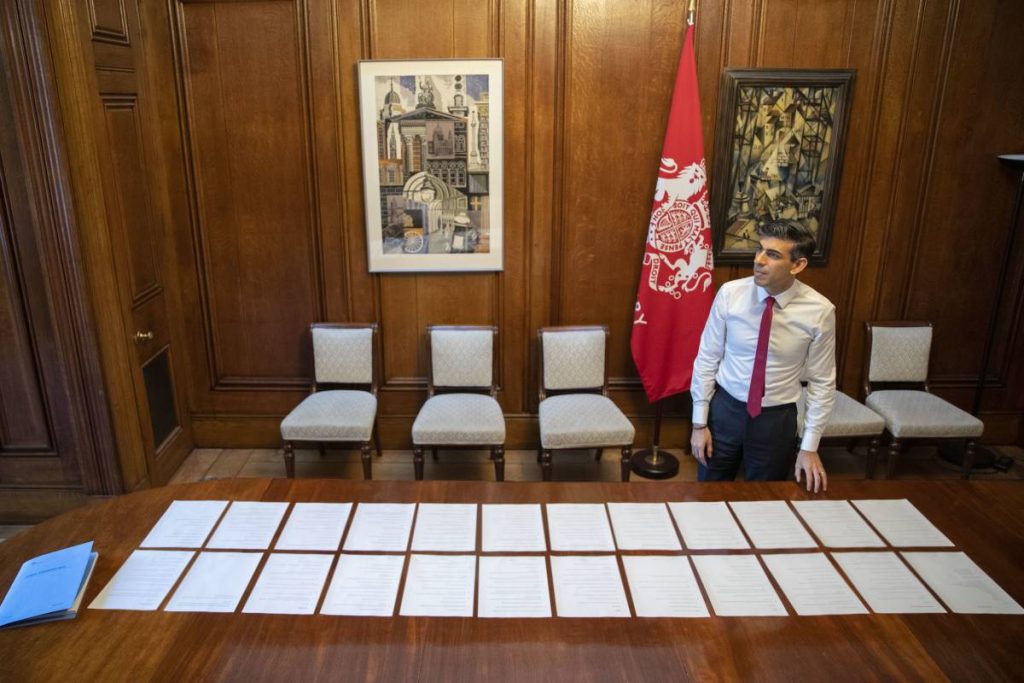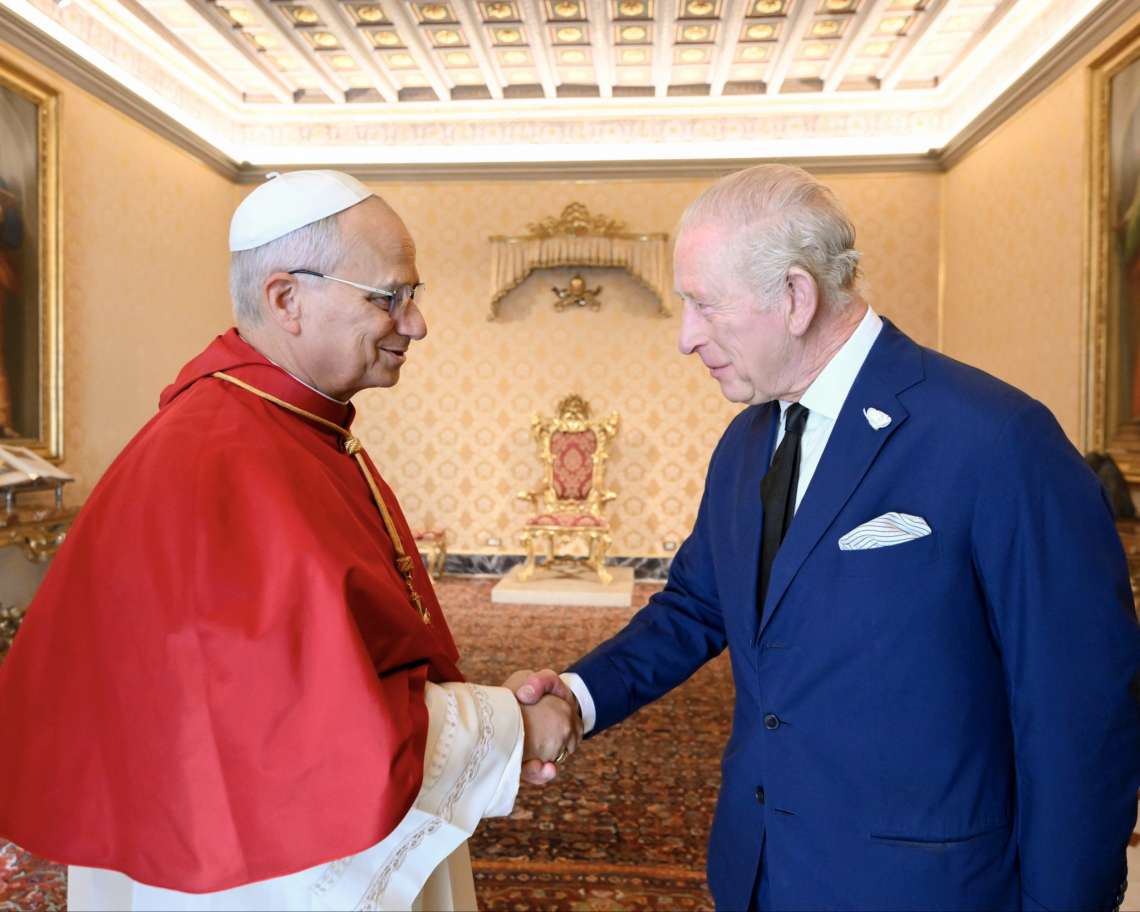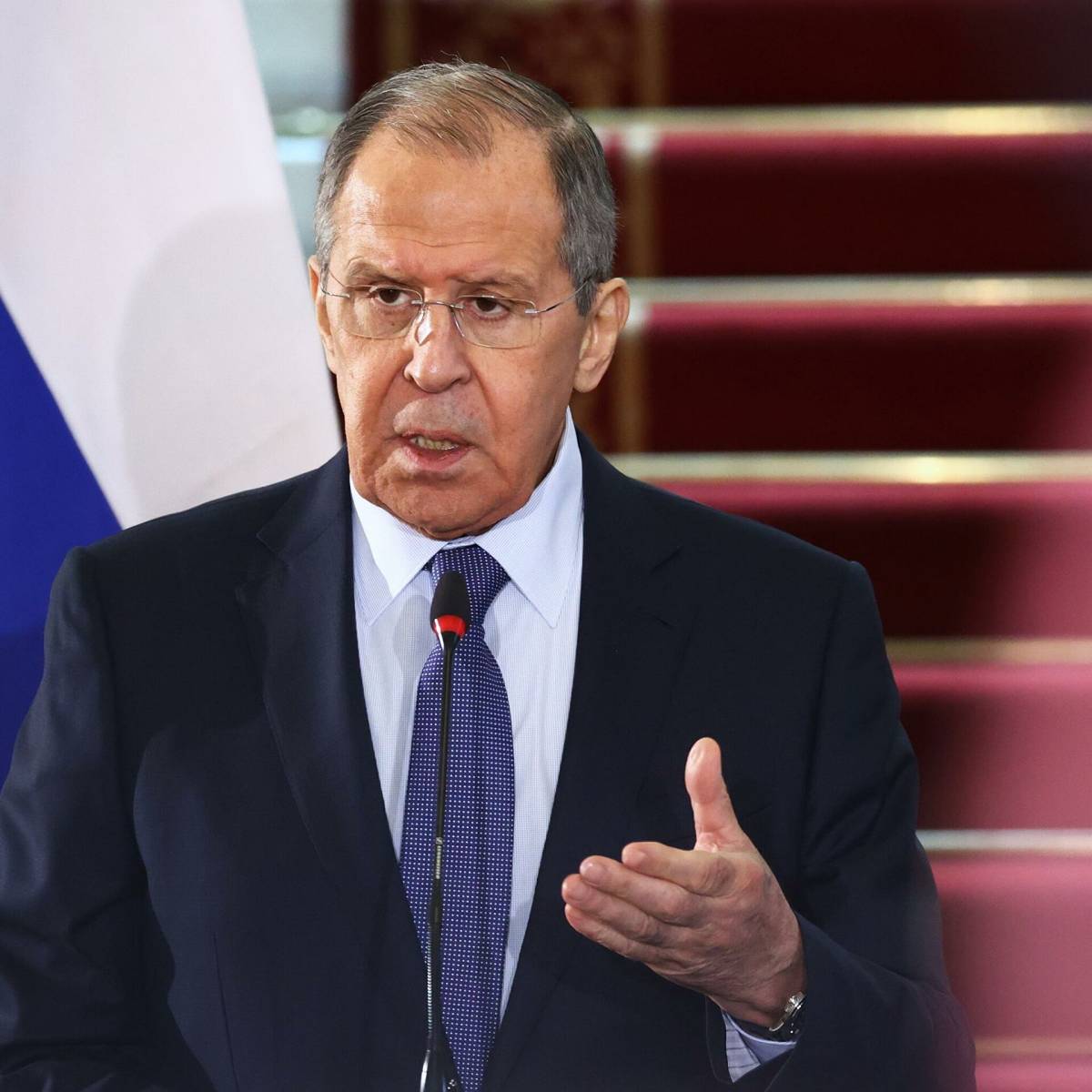Sunak will produce a fiscal statement at a pivotal time for the country when hard pressed families are facing enormous increases in their cost of living…reports Asian Lite Newsdesk.
Rishi Sunak is expected to pledge to “stand by” hardworking families and set out further plans to support people with the rising cost of living when he unveils his spring statement later.
It is understood the chancellor will unveil proposals intended to build “a stronger, more secure economy” as people across the UK face growing household bills that have been exacerbated by the war in Ukraine.
He will also say that building a strong economy is fundamental in enabling the United Kingdom to counter the threat that Russia’s President Vladimir Putin poses to its values.
“We will confront this challenge to our values not just in the arms and resources we send to Ukraine but in strengthening our economy here at home,” Sunak is expected to say.

“So when I talk about security, yes – I mean responding to the war in Ukraine. But I also mean the security of a faster growing economy. The security of more resilient public finances. And security for working families as we help with the cost of living.”
The chancellor’s spring statement is also tipped to outline how the government plans to create a new culture of enterprise, with the private sector more, investing more and innovating more.
Sunak will produce a fiscal statement at a pivotal time for the country when hard pressed families are facing enormous increases in their cost of living.
Those are going to ramp up much higher in the coming months as the impact of the Russia-Ukraine war intensifies – and subsequently, the cost of living is likely to be at the top of the chancellor’s agenda for his statement.
For households it is the impact on fuel prices and energy bills that is hurting most – leaving Mr Sunak facing calls to take concrete action.
As a result of the invasion, the Bank of England now thinks inflation will top 8% in April and go even higher in the autumn.
One thing to look out for in the statement is whether the chancellor cuts taxes on petrol – like other countries in Europe and further afield have already done.
The average price of petrol has shot up to an all-time high of 165.37p a litre, an increase of more than 55% in the last two years. Diesel has also risen by a similar proportion to 177.47p per litre, according to figures compiled by the government.
As a result, the average tank of fuel now costs almost £90, up by about £33 compared to May 2020.
More recently, wholesale costs have been rising sharply, partly made more extreme by Russia’s war in Ukraine.
Reports suggest a 5p per litre cut in fuel duty is on the cards.














